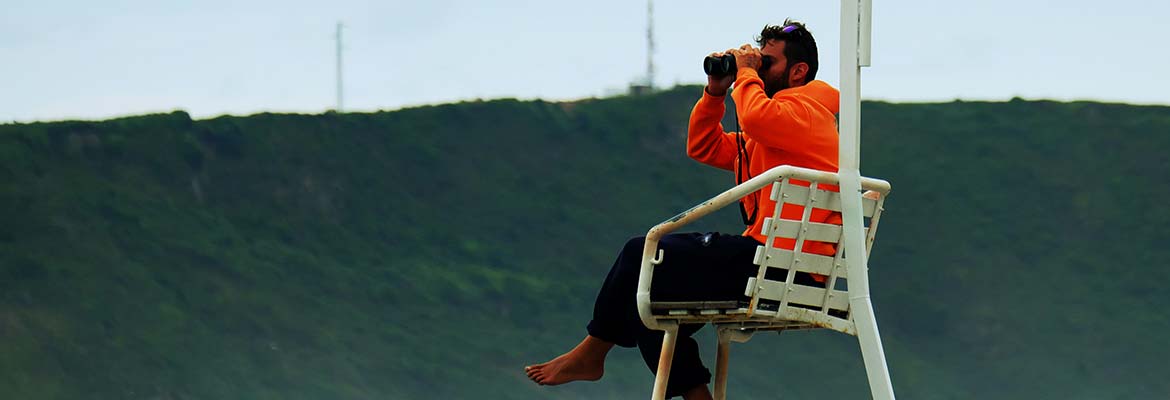Is it legal to monitor someone with a long-term disability?
When they detect someone watching them, many people ask this question initially.
Surveillance is not only legal, but it is also more prevalent than most people believe. Top earners, younger persons, persons with just an invisible disease, and people who have been allowed to receive benefits for more than two years are all at risk. If the insurance company has any worries about your credibility, they will most likely conduct surveillance.
It is allowed for insurance firms to use cameras, video cameras, night vision, and other gadgets to gather video and pictures surveillance from a public location. They shouldn’t be employing any listening devices or wiretaps because it’s unlawful to listen to or capture third-party talks without your permission.
However, they are unable to lawfully access your electronics or linked accounts. This applies to your cell phone, computer, email, and social networks accounts, among other things.
How close will they be able to get to me?
Surveillance by private detectives must be conducted in a public place. Might seem insignificant, but curtains are useful in these instances because they can’t photograph or videotape you inside your home from their street position.
Aerial surveillance has been around for a long time, but it has only lately become increasingly prevalent in Canada to employ drones for monitoring. “Trespassing into air” is a legal term. Drones are held to the same standards as private investigators on the ground as a result of this. In other words, when recording you, the drones must be on public land. This implies they must be outside your property boundary when it comes to residential.
Is surveillance of those with long-term disabilities a kind of harassment?
Abuse is defined in Canada as unwelcome physical or verbal conduct that offends or humiliates you.
Surveillance is only deemed harassment if it is done in violation of the law. This includes the things I stated previously, such as recording you with listening devices, approaching you on your private land, or entering your property. This does not involve following you around shopping malls or spying on you as you go about your everyday routine in your house or yard.
Should I confront the individuals in charge of surveillance?
Please don’t try to confront the folks who are spying on you; you’ll get nowhere. They are normally well within their legal powers to monitor you in public locations and are simply carrying out their duties. They will not halt the surveillance merely because you approach them in 99.9% of circumstances. Confronting them can make you seem worse. It will appear that you are emotional, irritated, or angry.
Is it okay if I call the cops?
Of fact, if you’re uneasy with the personal investigator’s surveillance, you can call the cops, but they won’t do anything. Typically, they will tell you precisely what we’ve discussed in this article: that the individual is a private detective and that they are within their rights to be observing you as long as they are in a public place. Otherwise, the officers won’t be able to do much.
Surveillance of people with long-term disabilities on social networks
If you are being watched, it is likely that your actual life as well as your online activities are being monitored. This can include, but is not limited to, your images, videos, social media groups, social commerce, and volunteer activity pages.
Simply updating your privacy settings is the greatest method to avoid this form of snooping. Check to see if any of your accounts are accessible to the general public. You can control who can follow you or view what you publish on most social media networks.
They may conduct some generic online monitoring. This can involve broad searches for known emails and phone numbers to see what comes up, public registers searches for registered businesses, and court records searches to see if your name appears in any lawsuits.
If you’re trying to perform any social media selling of items or crafts, you really should let your insurance company know.
Formalized Daily Activities
When your change of definition (COD) date approaches, you’re more likely to be placed under surveillance. Your claim will be evaluated by the insurer to see if you are qualified to work under the new eligibility criteria of “any occupation” rather than “own occupation.”
If your insurer has sent you a daily activities form to complete, it’s likely that you’re already being monitored or will be in the near future.
Our advise is to go about your daily routine as usual. Consider your entire calendar year’s worth of events. Give instances of both good and terrible days; individuals have issues when they just describe how things are on their bad days. The insurance company compares what you say you can do to what they observe you performing on camera. They won’t be able to catch you in a lie if you’re honest with them and document what you’re capable of on your good days.
You must also be extremely cautious and precise in your terminology. When we asked a client, “How often do you leave the house?” she replied, “How often do you leave the house?” by selecting “Rarely” from a drop-down menu. She was caught on tape leaving the residence five times in a week by the insurance company. They cited that as justification for terminating her benefits due to fraud or dishonesty.
Even if they were only 5 minor appearances, it appears that checking “Rarely” would have been a falsehood in this case. This is why it’s critical to be forthright and honest.
Steps to Follow
If you feel you’re being watched and like to be sure, you can ask your insurer for your disability claim file, which should contain the details of your surveillance.

